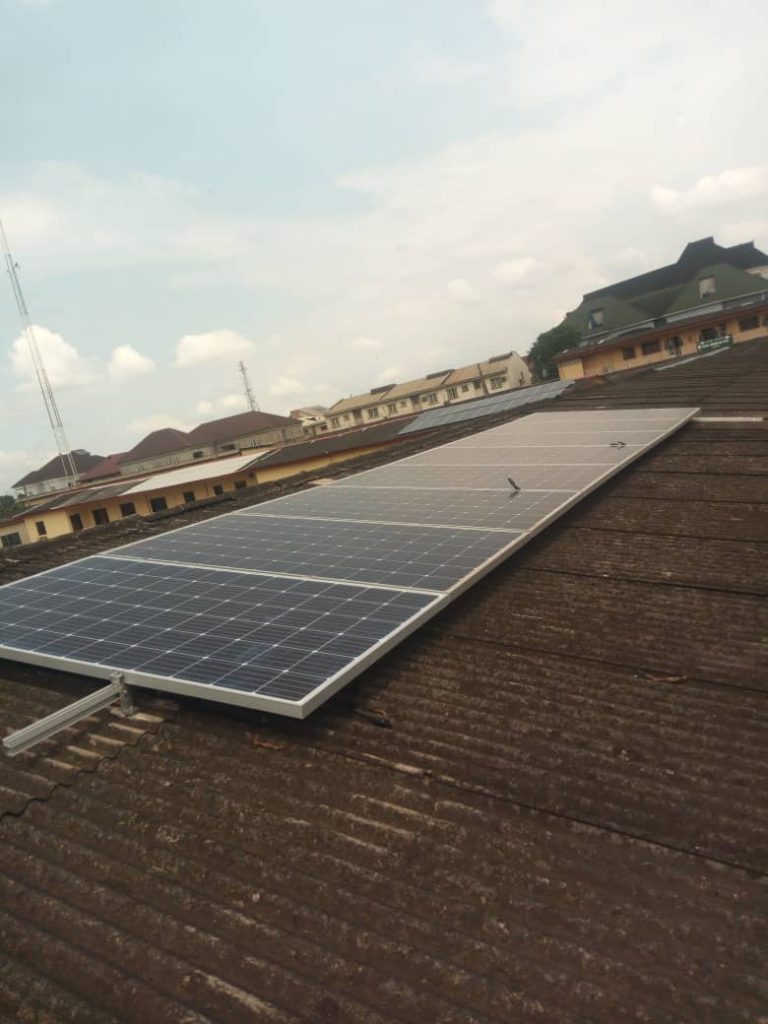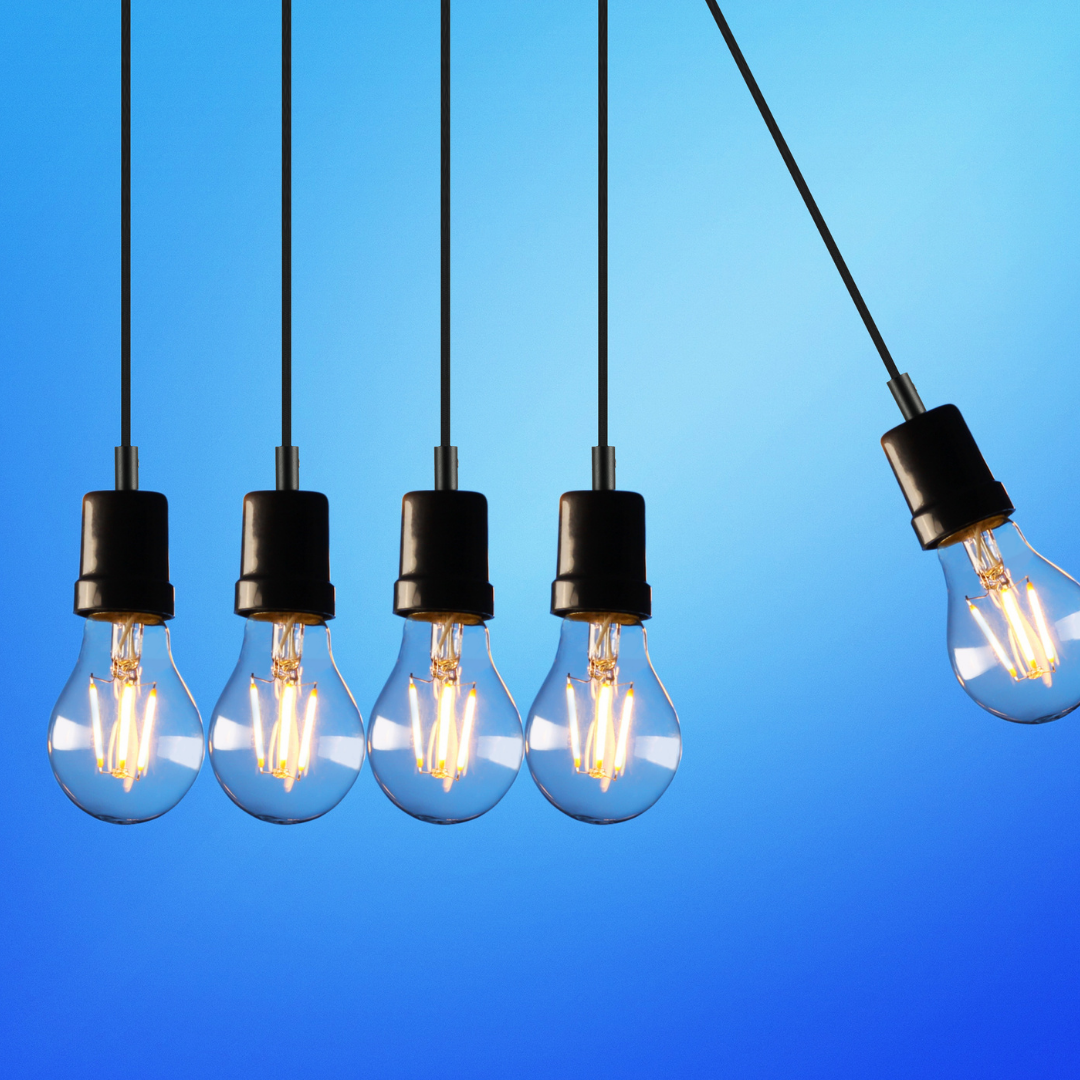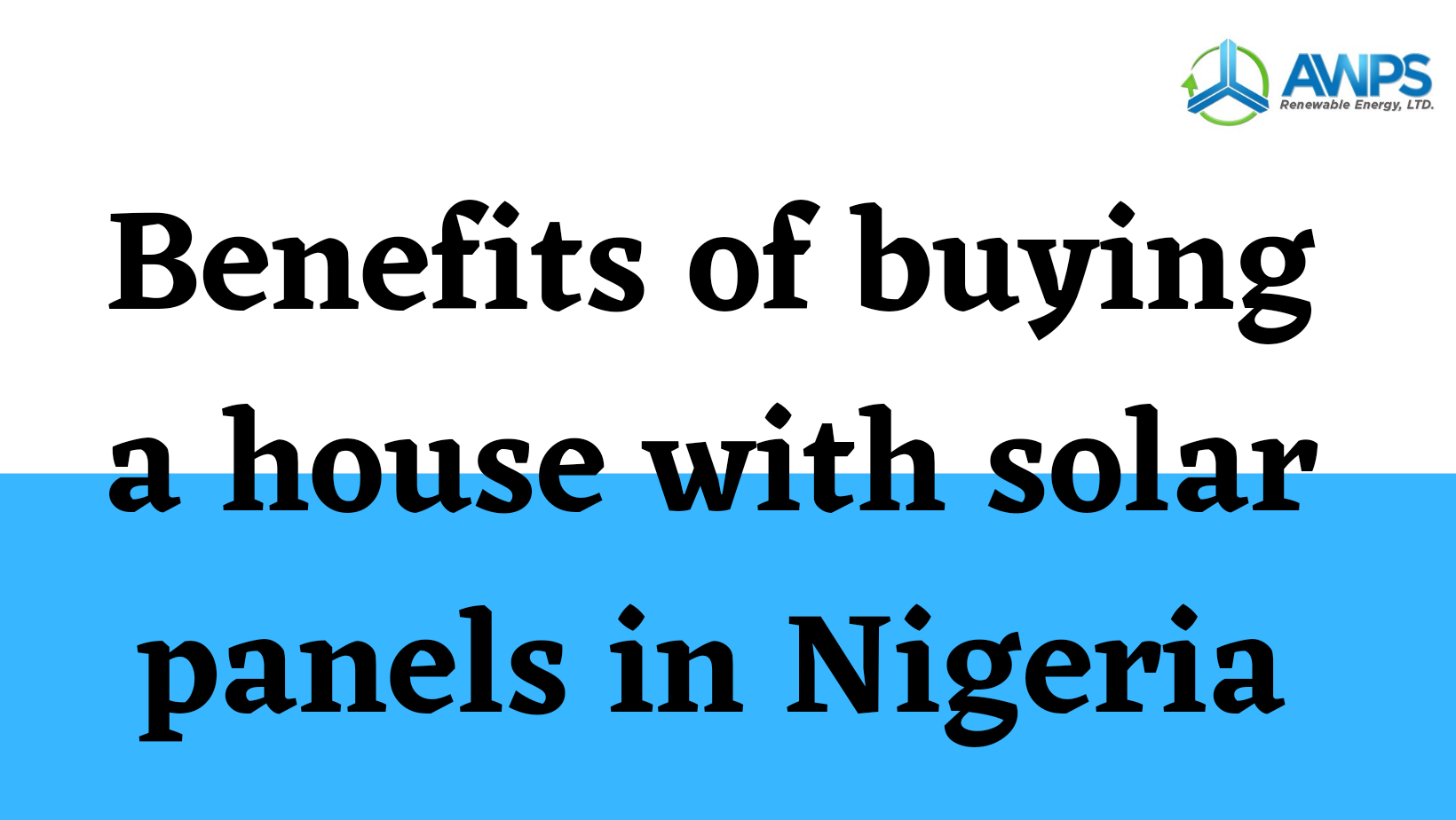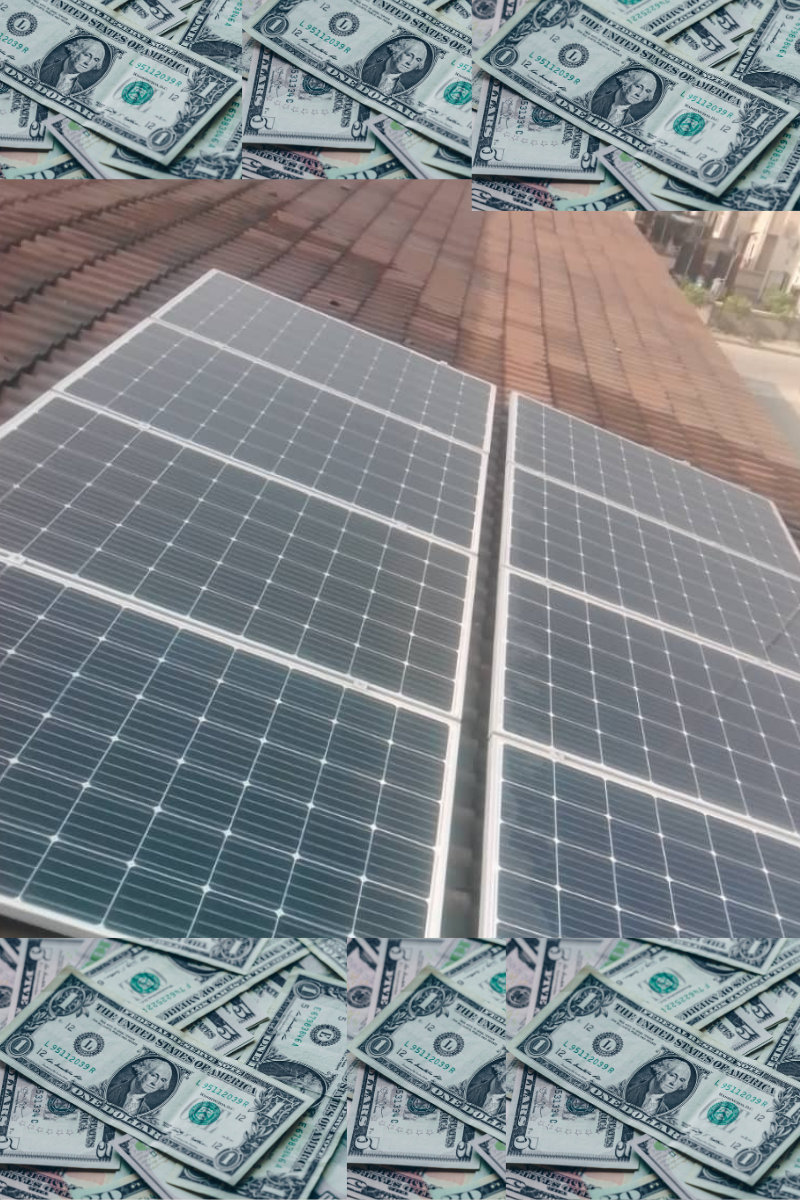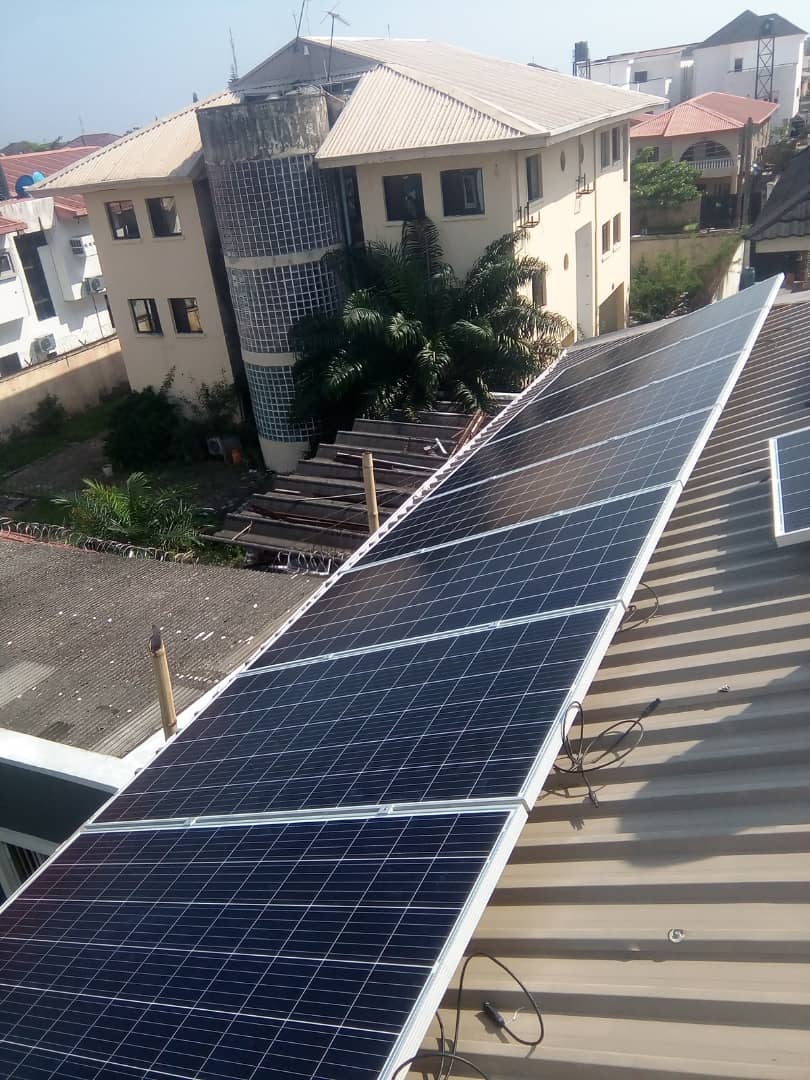Lakes and ponds used by water utilities have long been viewed with a single purpose: holding water. Now a handful of pioneering water utilities are looking at their aquatic real estate with a new purpose in mind: solar energy generation.
Large-scale floating solar projects have been installed in Japan and China, as well as on ponds at California wineries. But solar energy has remained primarily a terrestrial endeavor because, in most cases, it is simpler and cheaper to mount photovoltaic (solar) panels on land.

That is beginning to change. The floats and other mounting components unique to water-based solar are slightly more expensive, but that difference will evaporate as more projects are built. And as solar has proliferated in some areas, it has become harder to find available land for new installations.
Now a few water agencies are embracing floating solar to maximize the utility of their storage ponds and reservoirs. Floating solar panels can provide energy that offsets operating costs and reduces greenhouse gas emissions. And there are other benefits: Floating solar panels throw shade on the water surface, which can reduce evaporation and algae growth.
Sonoma County Water Agency will install floating solar panel arrays later this year. The panels will float on its Oceanview treated wastewater pond in Windsor, where shade from the panels will reduce the cost of algae control, and the electricity produced will help power the treatment process.
The agency had already built solar arrays on rooftops and parking lots, said general manager Grant Davis. The next choice was ranch land, but that posed a conflict with livestock grazing operations.
“We were looking then for disturbed acreage that was going to be out of sight, out of mind,” Davis said. “And what better place than a wastewater treatment pond?”
The agency was also motivated by a 2008 policy adopted by its board of directors to become “carbon free” by 2015 – meaning it aimed to eliminate carbon dioxide emissions from its energy demand – a goal that it met.
So about three years ago the agency signed a contract with Pristine Sun, a San Francisco firm, to develop a floating solar panel system for several of its treatment ponds. Pristine had not built a floating solar system before. But after some research and testing, the first system was installed as a pilot project at the Oceanview treatment pond in summer 2016.
The trial was successful, and a permanent installation at the pond is expected to go live by the end of this year. It will produce 1 megawatt of electricity, enough to offset 4 percent of the agency’s electrical demand. The panels will be mounted on plastic floats borrowed from the dredge-mining industry.
The team plans five more floating solar projects on other treatment ponds. In total, they’ll produce enough electricity to power 3,500 homes.
“We’ll see about $33,000 in annual power savings at buildout,” Davis said.
The water agency pays nothing for these projects. Pristine Sun covers all costs for equipment, installation and permitting, and then makes its money selling the energy that’s generated.
Troy Helming, Pristine Sun’s founder and chief executive, said floating solar is still extremely rare in the U.S. But he said the potential is “enormous.”
In California alone, using a very conservative estimate of available inland water surface area, Helming estimates floating solar could produce 20 gigawatts of electricity. That’s more than 10 percent of the state’s total energy need.
“It seems like there is quite a bit of interest, which is exciting,” said Helming. “Now in California and Hawaii and Japan, and other parts of the world, there are challenges sometimes finding new locations where you do have fairly high concentrations of both rooftop and ground-mount solar. It makes a lot of sense to look at these underutilized assets owned by water agencies and municipalities for this potential application.”
One drawback to such installations is that the floating solar panels and their anchoring systems must not interfere with water system operations. That means preserving access to drains and other plumbing. In some cases, panels may need to be easily removable.
But these are simple “engineering challenges,” Helming said. In many cases, floating solar offers more advantages than drawbacks. One advantage is reducing algae that can rapidly clog filters, requiring more frequent cleaning or replacement. Depending on location and use of the water, algae may also pose a public health concern.
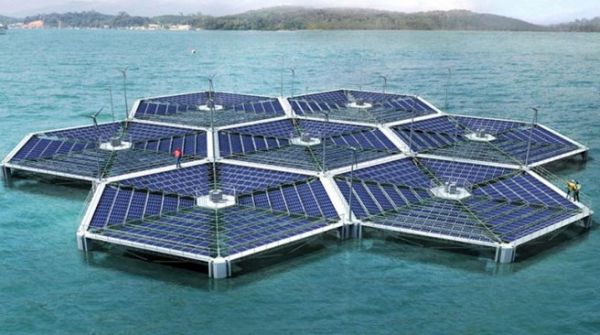
Evaporation control is another potential benefit. For many utilities, water is essentially money. They spend millions of dollars pumping and treating water, which then becomes a commodity that is sold to customers. So any water lost to evaporation is essentially lost revenue.
Water can also enhance solar generation. Ironically, too much heat reduces a solar panel’s energy output. Every panel is rated for certain temperature limits, above which energy output plummets. But a watery surface will always be cooler than the bare ground on which most solar arrays are built.
Dirt is another enemy of solar panels. Wind-blown dust inevitably collects on panels, preventing some of the sun’s energy from reaching photovoltaic cells. This can reduce energy output by 20 percent or more. Most ground-mounted solar arrays get cleaned only two or three times a year.
Helming’s company has rigged its floating panels with a simple sprinkler system to clean the panels using water drawn from the reservoir underneath. It cleans the panels every day.
“We’re curious to look at the data ourselves and see if we actually reap those ancillary benefits,” said Kelly Rodgers, energy program manager at the San Diego County Water Authority.
The San Diego agency signed a contract with Pristine Sun to install a 6-megawatt solar array floating on its Olivenhain Reservoir that will cover about 10 percent of the water surface.
Rodgers’ agency first sought bids for a floating solar project five years ago and got no “viable results,” she said. It tried again about 18 months ago and received several proposals.
The 24,000 acre-feet Olivenhain Reservoir functions purely as an emergency supply for the San Diego region, so water levels don’t fluctuate much. Also, recreation is not allowed there. Both factors simplify the installation, Rodgers said, which they hope to complete by the end of 2018.
“Certainly we wouldn’t cover the entire reservoir,” Rodgers said. “But we may add additional panels if this turns out to be a really good thing for us. We’re always trying to reap revenue and recover costs to stabilize our water bills.”
The Olivenhain project may include battery storage, Rodgers said. This would allow the water authority to maximize revenue by selling electricity during evening and late-afternoon hours, when solar output drops off but energy demand is peaking.
There are some big fish to catch in the floating solar business. One of the biggest of all is the California Aqueduct, owned by the state Department of Water Resources (DWR), which exports vast amounts of water from north to south. The aqueduct offers more than 400 miles of canal surface area that could be covered with solar panels in a region of the state – the San Joaquin Valley – that is relentlessly sunny.
DWR – a huge energy consumer – also faces a state mandate to slash its greenhouse gas emissions to 80 percent below 1990 levels by 2050.
As recently as 2015, DWR investigated covering portions of the canal with solar panels. It concluded this wasn’t feasible because of the need for frequent visual inspections of the canal and the water surface itself. It also cited challenges in attaching panels to the canal banks.
But it appears DWR’s analysis may not have considered the prospect of floating solar panels, which pose a much less intensive installation process. They could also be easier to move temporarily to allow inspections.
A University of California, Davis study in 2015 found that covering the aqueduct with solar panels would more than pay for itself. It could also prevent over 9,000 acre-feet of water evaporation per day. On an annual basis, that’s equal to the entire capacity of Lake Oroville, the state’s second-largest reservoir.
The study found that mounting solar panels on just a single 80-mile stretch of canal serving the Bay Area would avoid water losses worth $1 million annually.
Helming said transforming the aqueduct into a solar-energy producer is entirely feasible today.
“There would be a whole bunch of companies that would jump at the chance to cover the aqueduct with solar at no cost to the state,” he said.
Source – Solardaily.com
